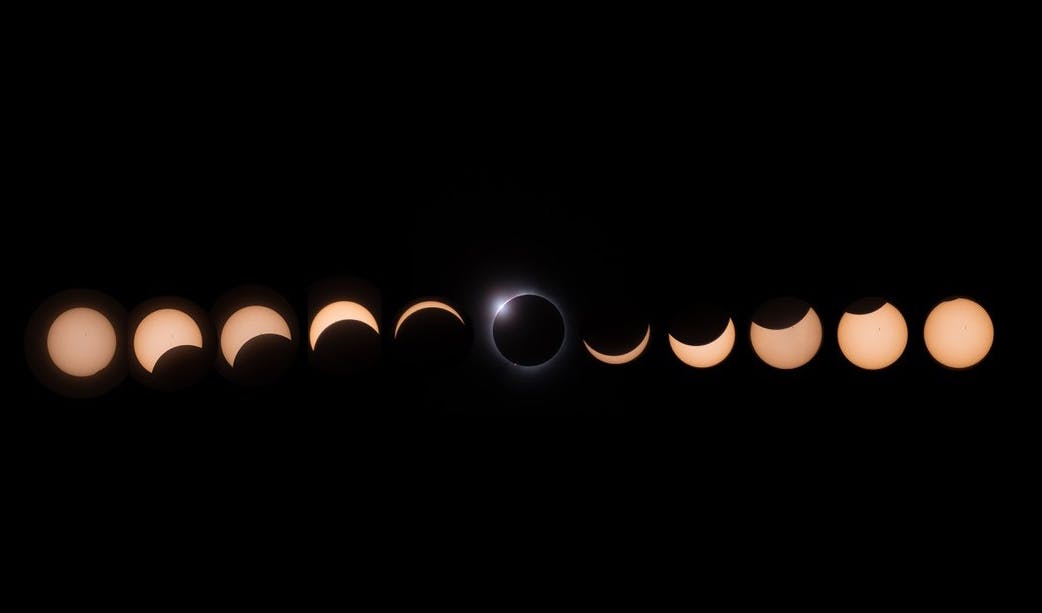
The 2026 Total Eclipse in Iceland will undoubtedly be an otherworldly experience for many. Photo: Sævar Helgi Bragason / eclipse2026.is
The 2026 Total Eclipse in Iceland will undoubtedly be an otherworldly experience for many. Photo: Sævar Helgi Bragason / eclipse2026.is